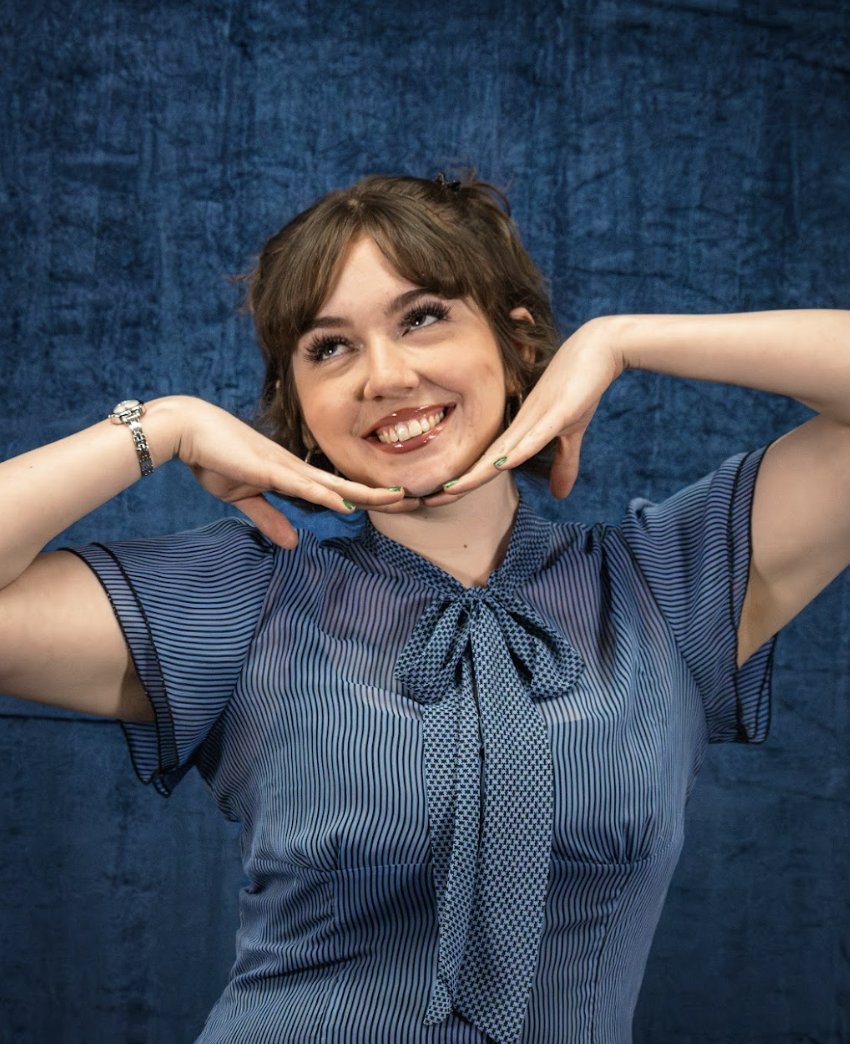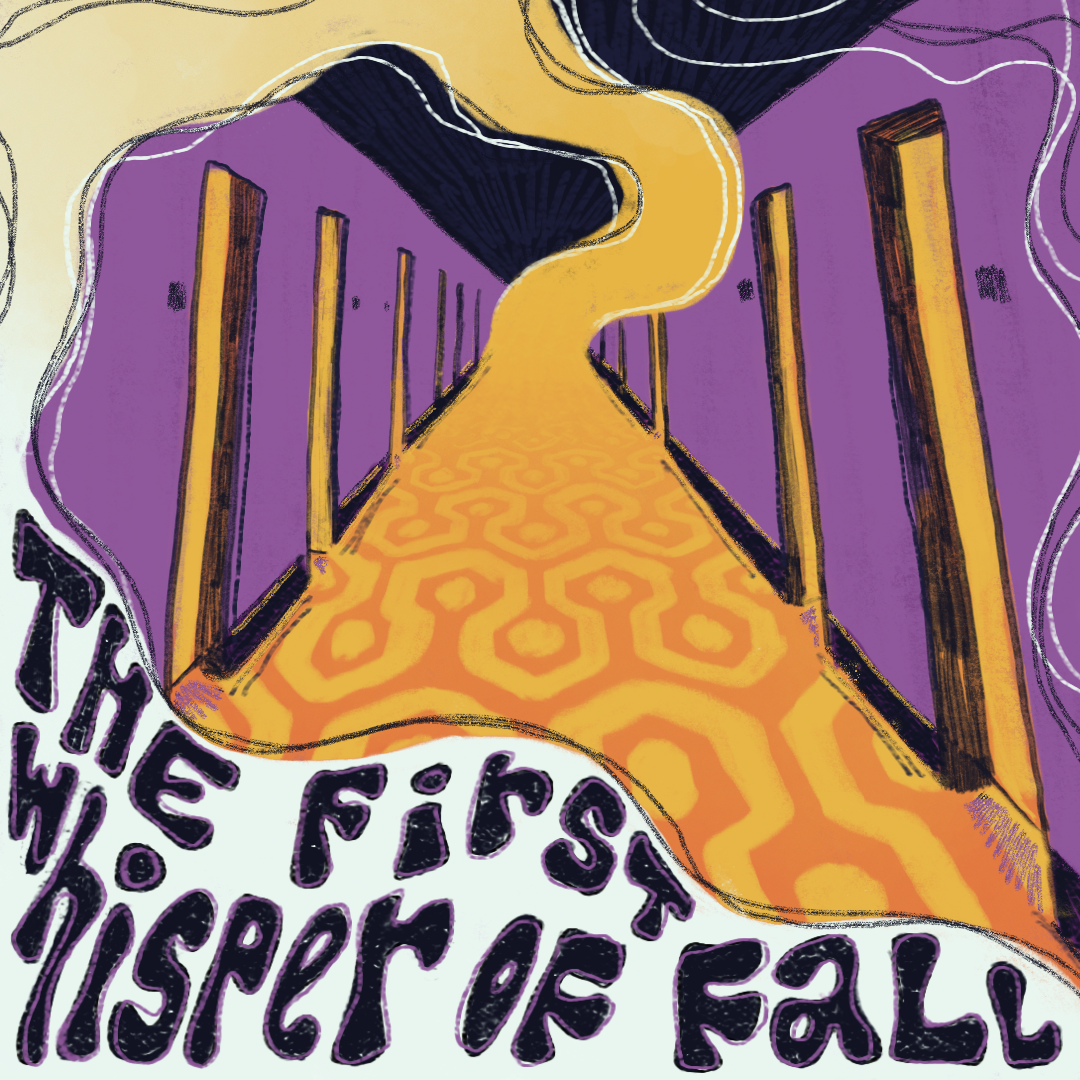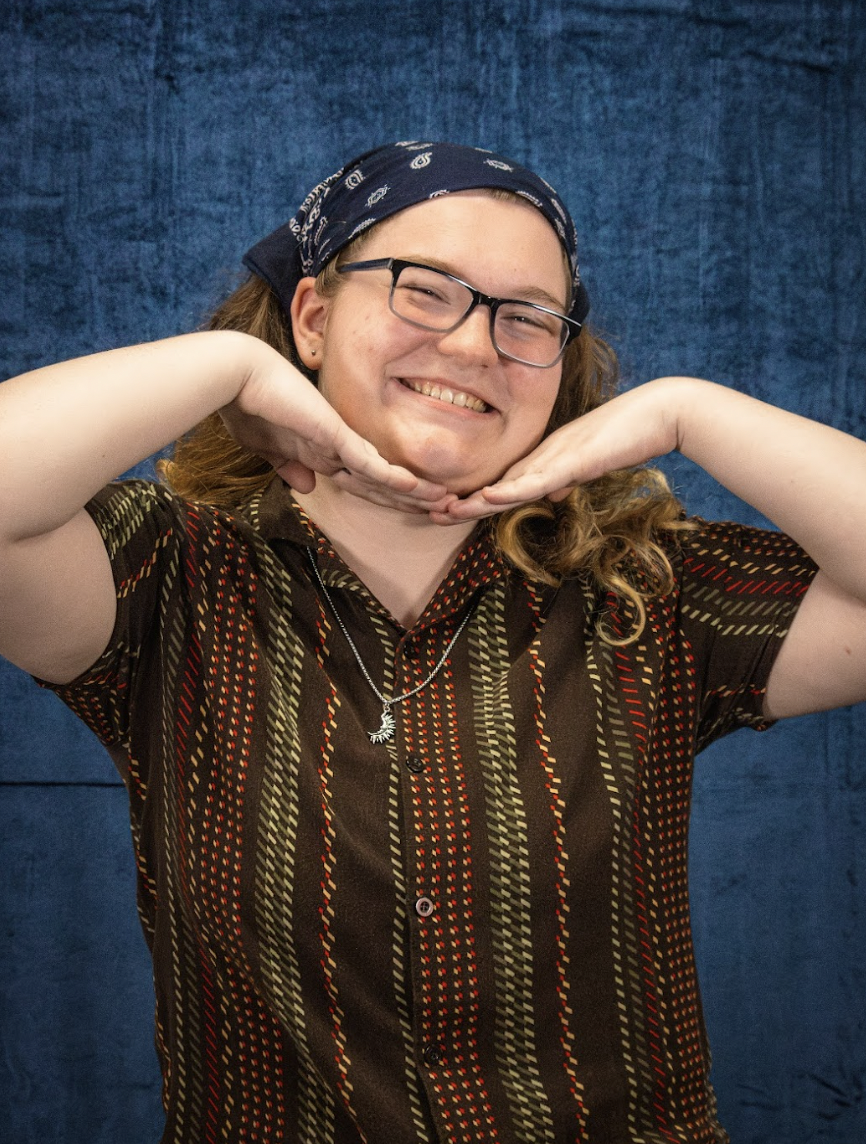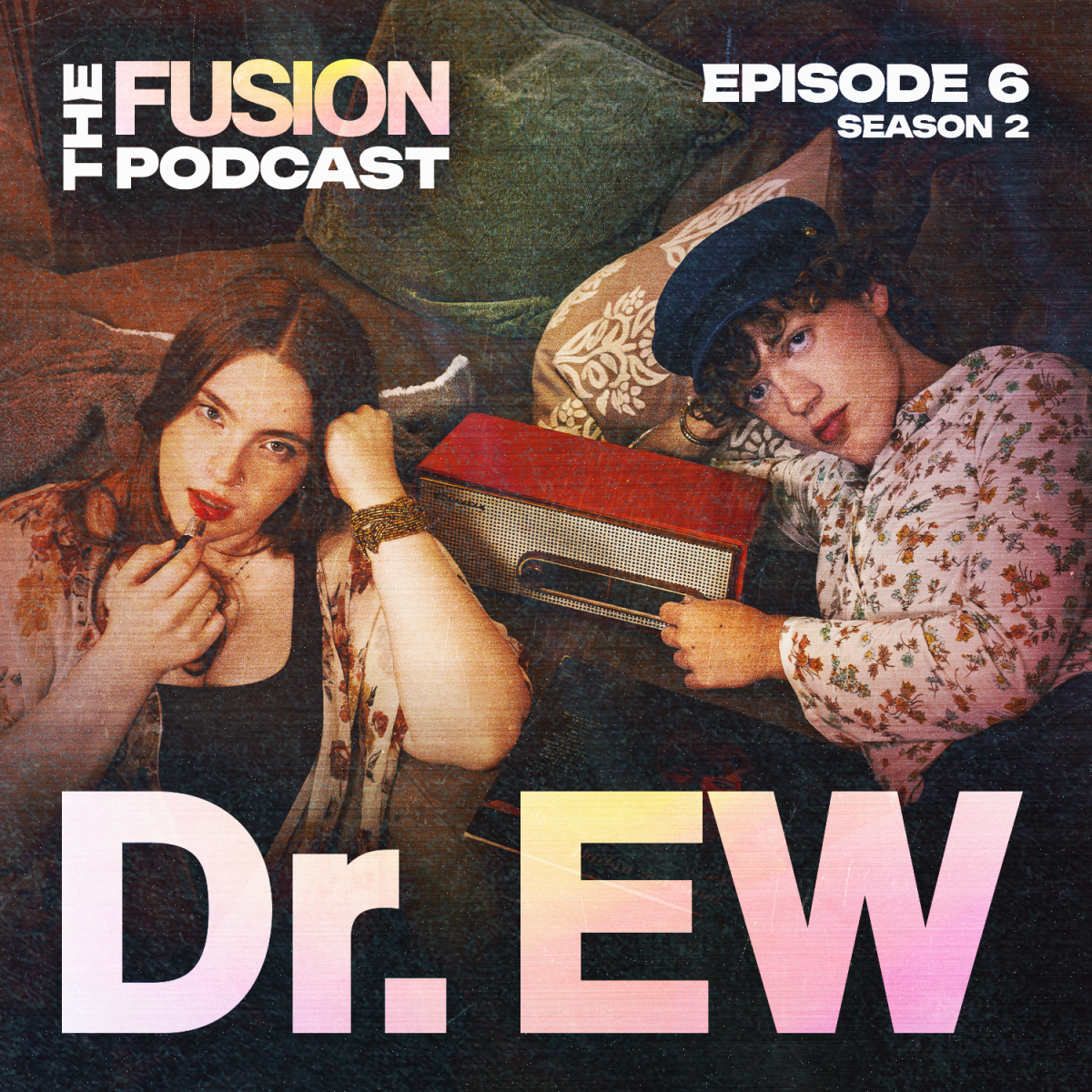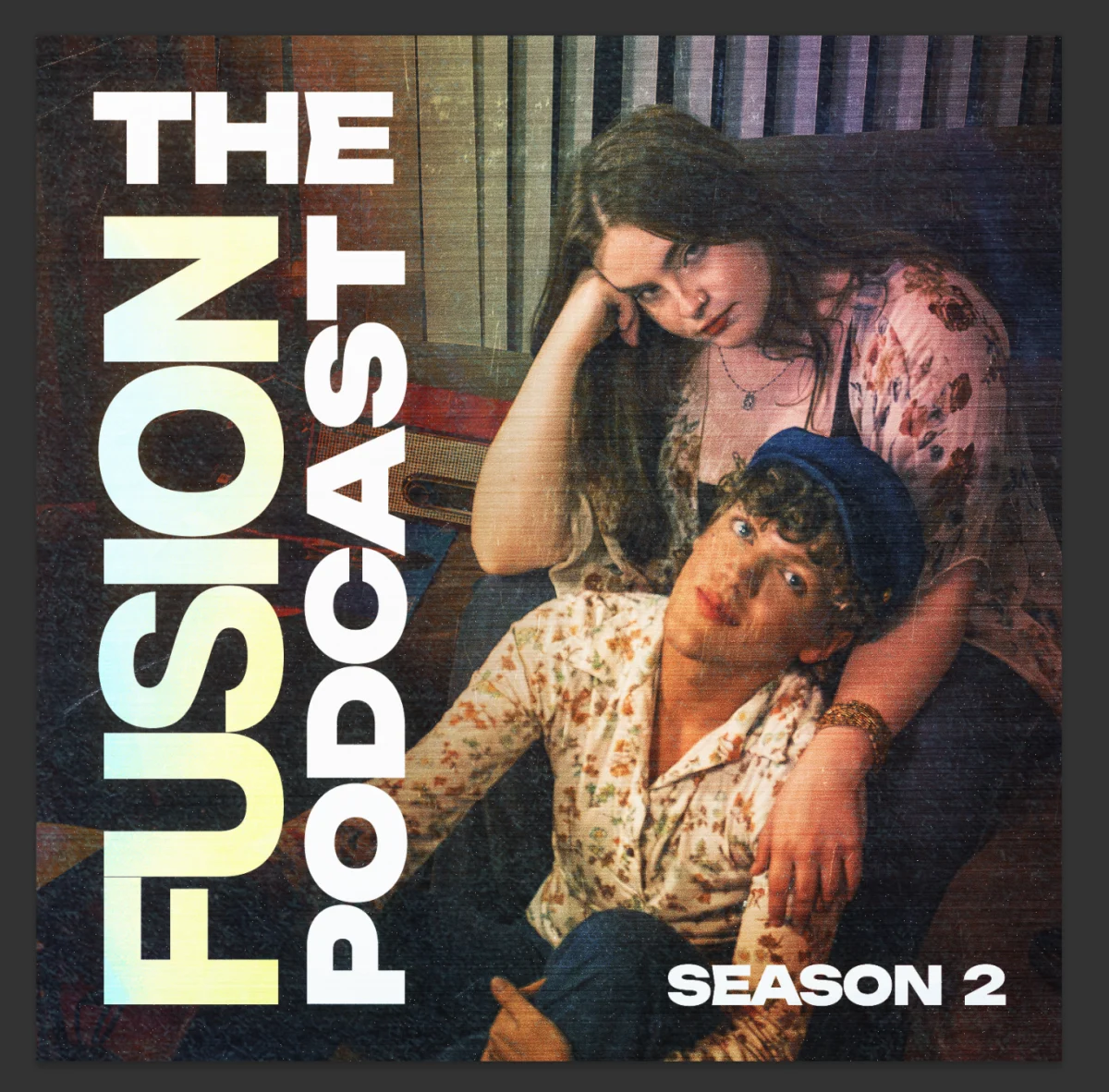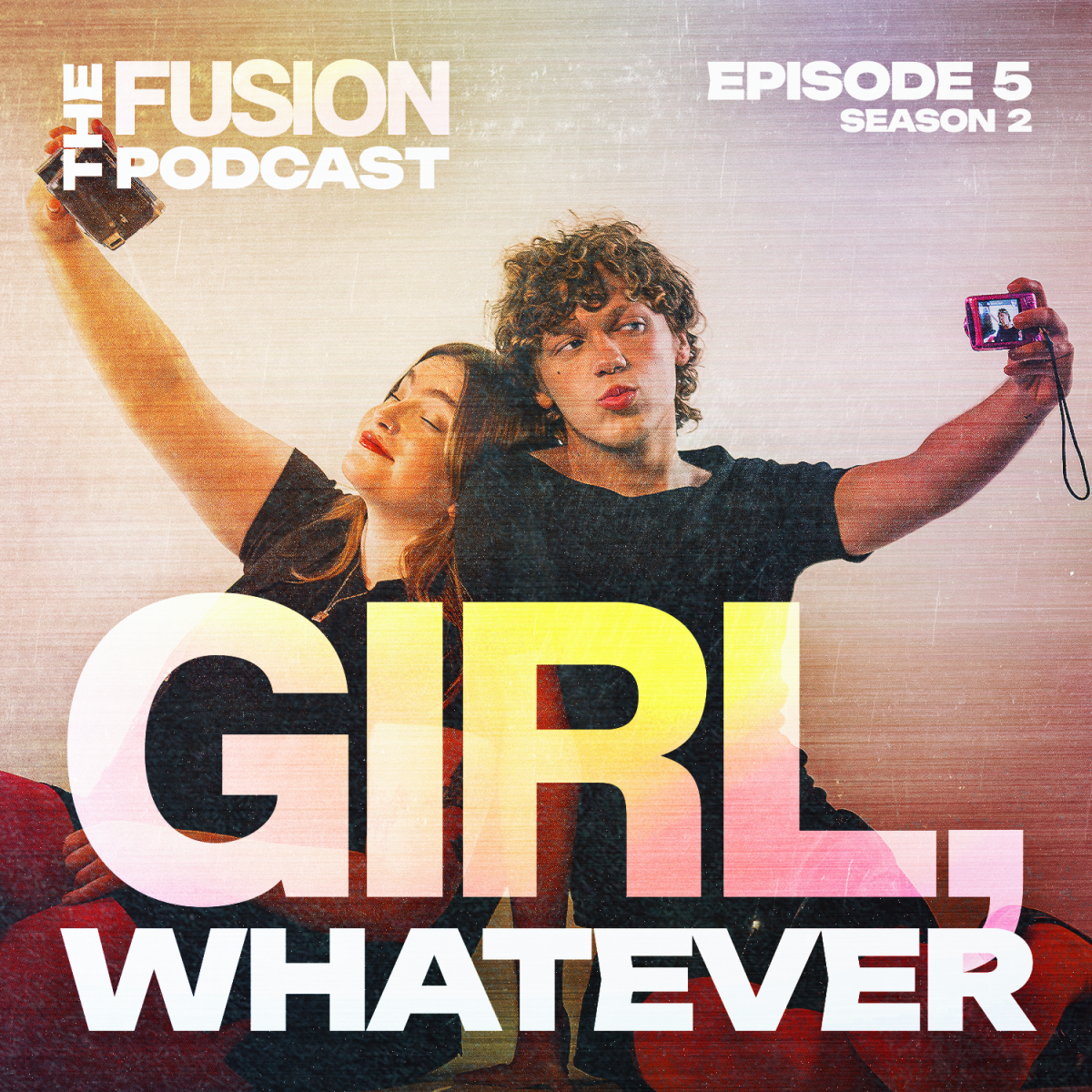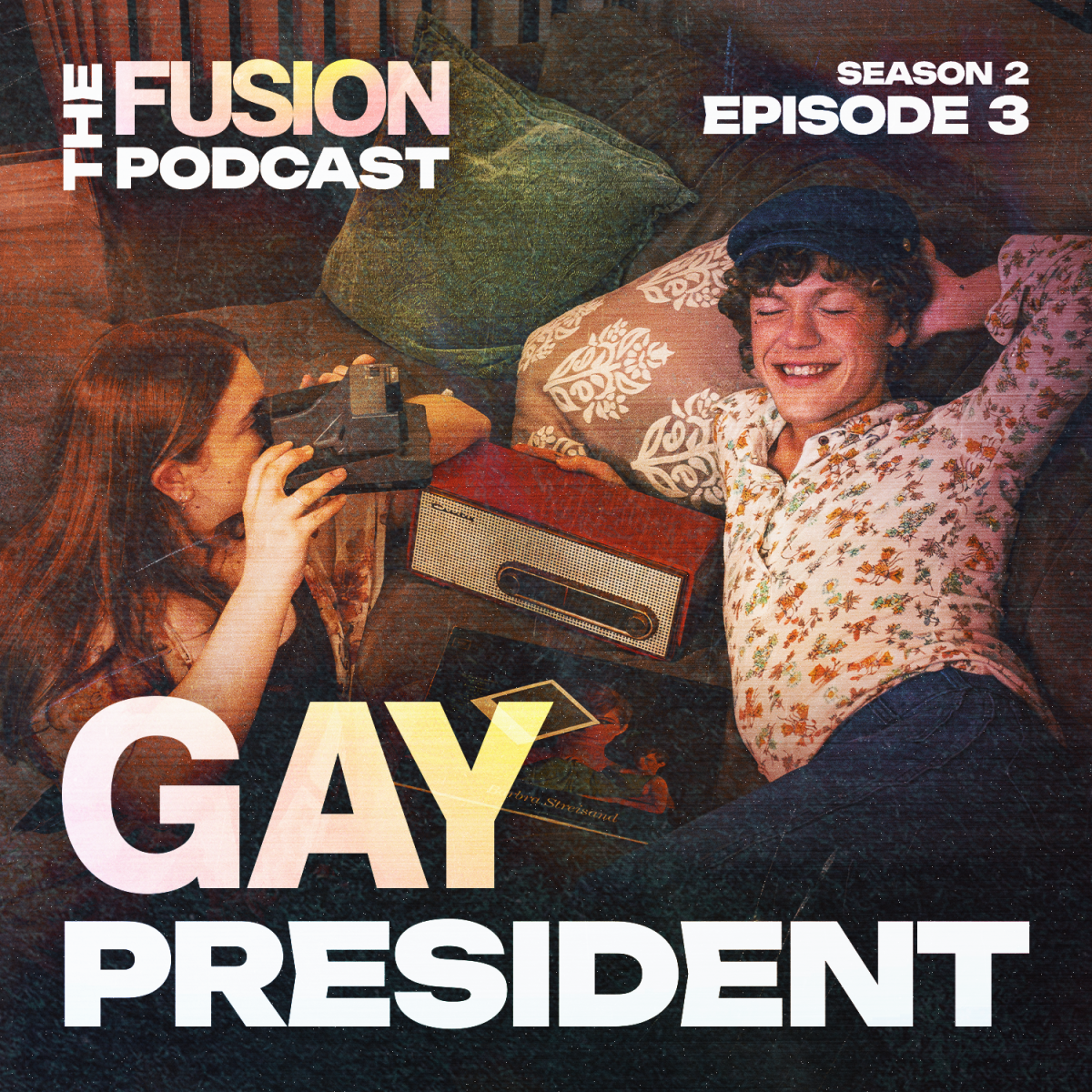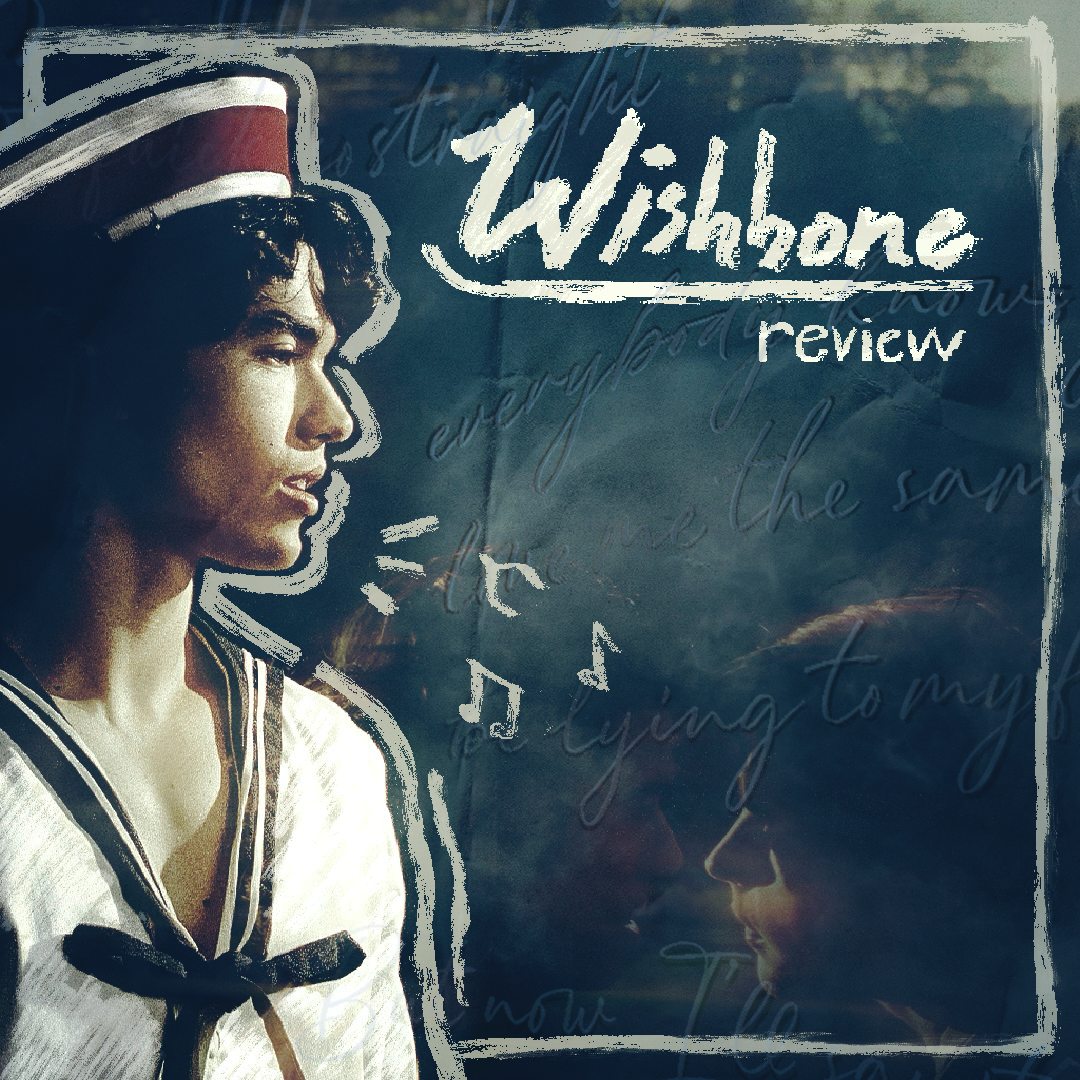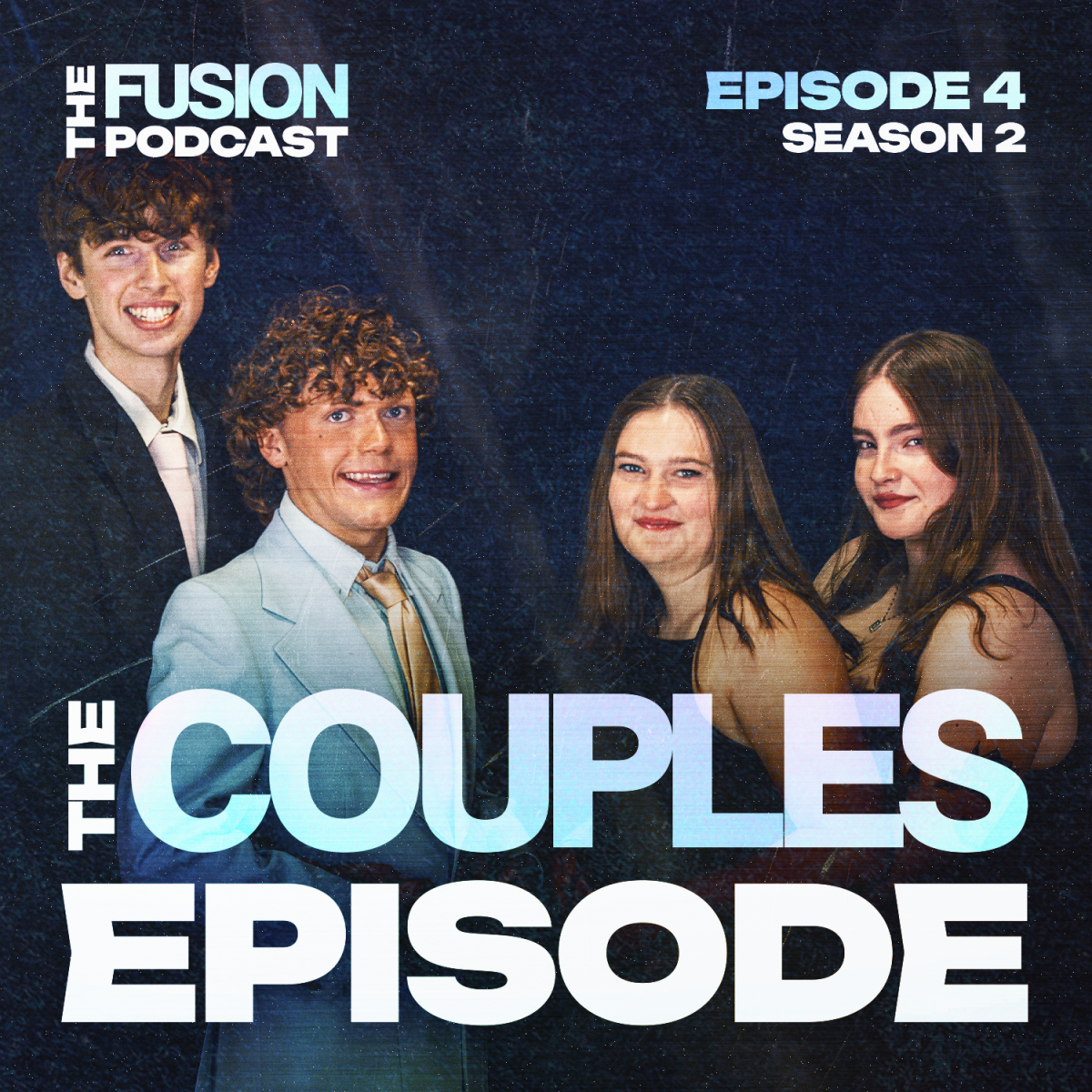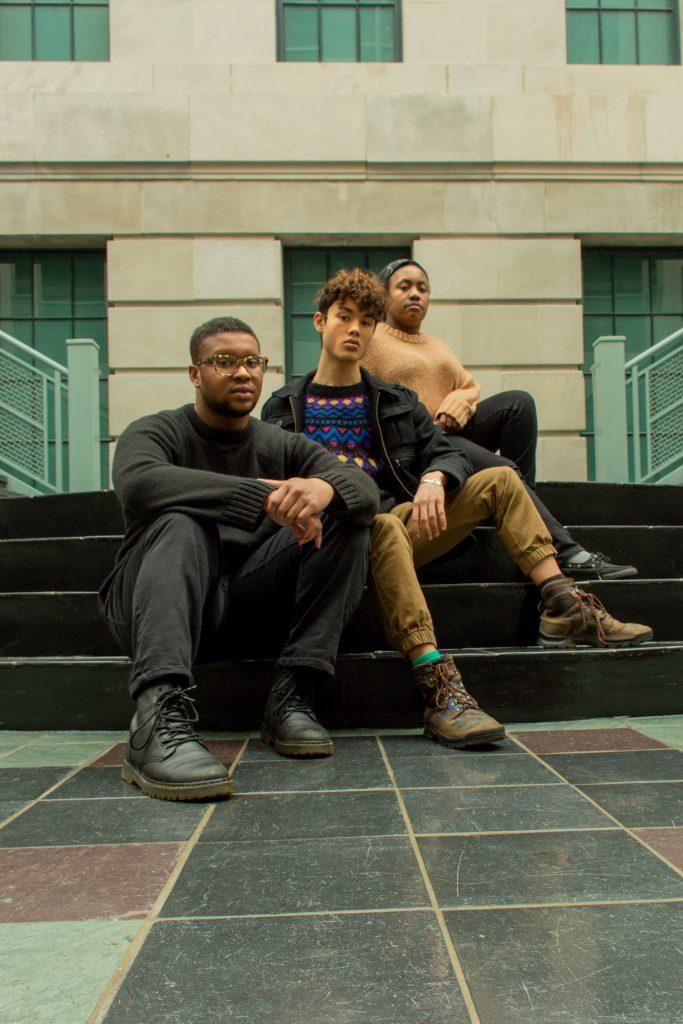Some attribute the beginning of the queer liberation movement to transgender people of color. Currently, there are places that are not made with people of color in mind, and queer people of color may find themselves left out of the modern-day narrative. Other issues may include the fetishization of minorities and racism in #LGBTQ+ communities.

K Bodrock
Due to the intersection of identities, things are very different for queer people of color, and their struggles cannot be equated to the white LGBTQ+ experience.
Hearing their stories can shed a light on how the community can better welcome those who are different from them.
Kollin Battle – He/Him
“It is a big thing in the community to fetishize black people, which is not good. … Black people in their community are very homophobic. I am not saying everyone is, but a lot of them are. And we experience that. It’s a little more quiet, a bit under the radar, but it is definitely there.
Sometimes, I get stares. I get looks. I get comments. But I don’t let it affect me.
I remember I one time walked into a gay bar, and it was a lot of white dudes. And I was like, ‘You know what, let me turn around and walk out,’ because I didn’t feel like there was anybody there to represent me.”
Graham Callahan – They/Them
“I have a lot of intersections in my identity that I feel are ignored unless I am in a very niche space. I am black, I am trans and I’m queer. Simply being in LGBT spaces isn’t always safe for me as a black person and as a trans person.
I’ve been to so many LGBT events, and I get misgendered by cis people. When I am in communities of color, I feel safe as a black person. But then I’m misgendered there, and my queer identity isn’t understood.
It’s basically this back and forth that is extremely exhausting … I haven’t found a place on campus that I feel truly safe where I am not faced with … total ignorance with who I am as a person, and that sucks. I feel isolated.”
Shekin Rodriguez Ruiz – She/Her
“I’ve met people even in the LGBT community that want to fetishize my accent. They’ll be like, ‘Can you say this word in your accent? Can you say it in a thicker accent? Can you try not having an accent?’ And it kind of separates you out.
I feel that being Latinx and being LGBT, you have to choose where you belong.
I got lucky in my family as my mom accepts it, but … it’s still not openly talked about in my house. Then, when I come to LGBT communities in America, they’re almost always very racist and microaggressive without even trying. … Now the only thing I go to is (the LGBTQ+ Center’s) QTPOC.
Moreover, even living on a floor that is LGBT is very isolating. Since people don’t know your culture … (and) they don’t want to learn about it. They go, ‘I am gay and I’m oppressed enough,’ but they don’t see that you have double the things to be scared about. And they just see you as something that is exotic and new for them.”
Mena Ruffin – They/Them
“I’m intersex, and one of the reasons my family didn’t feel comfortable with telling me was because I’m black, and there is a lot of stigma around being intersex. I accept it more now, but too many times we make too many assumptions. I definitely share the experience where people don’t see me as queer, and that’s frustrating, because I am.
I feel like it is something that I shouldn’t hide, as you can’t understand me unless you understand my blackness and my queerness at the same time.
It has definitely been frustrating when I am meeting people who don’t have a lot of experiences with black people or queer people. It’s all love at the end of the day, you know? We want love and respect like anyone else.
I only went to Pride once, and when I was there, I saw one person of color. And it was my only friendly interaction. I felt that no one even looked at me.
I was there because I had queer experiences I’ve been wanting to share, wanting to celebrate. And it was like ‘Oh, I might as well go home.’ One day I’ll go back to Pride.”
Jalissa Brown – She/Her
“One thing that frustrates me is the fact that there are not a lot of spaces for black trans people on campus. For me, it is something I take into consideration as a cisgender person. I try to announce my pronouns for my trans brothers and sisters because I want them to know that someone is thinking of them.
On the other hand, I feel like I am straight passing, so I don’t [know] how to deal with the repercussion of being a queer woman of color … I feel that a lot of LGBT white people can learn to … listen to what people of color have to say regarding their experiences in the LGBT community. There are times when I definitely feel uncomfortable, where I feel my opinion didn’t matter as much. I would say something, and it would be overlooked. When a white person would repeat it, everyone would get on board even though it was originally mine.”
John Kraus – He/Him
“Growing up as an ethnic minority as well as a member of the LGBTQ community, I have faced more than most. On the front of being an Asian American, I have faced blatant racism, as well as physical attacks. One time, when I was around 11 years old, walking through a parking lot, an older white man threw chopsticks at me.
I have been followed around stores when others my age who are white have not been and have been told many times to go back to my own country. Growing up as a gay man in America has also been a challenge. Throughout all of middle school, I was bullied for being gay even before I knew I was. … I struggled heavily with being depressed and self-worth.
However, through it all, I would not change a single thing. I have become the strong and independent person I am today through all of the hardship I have faced, and I’m proud and unapologetic of who I am.”
Editor’s Note: A shortened version of this story appears in Fusion’s Spring 2020 Issue, Safety First.

